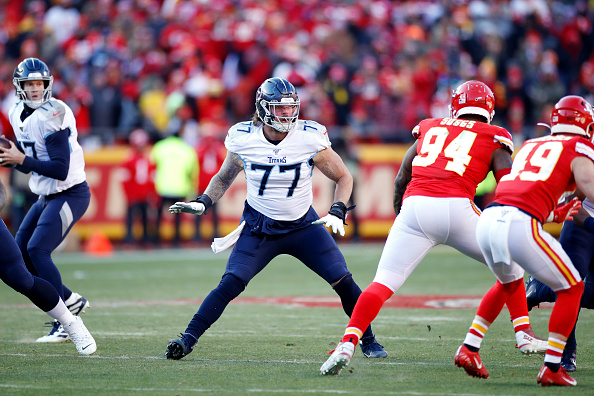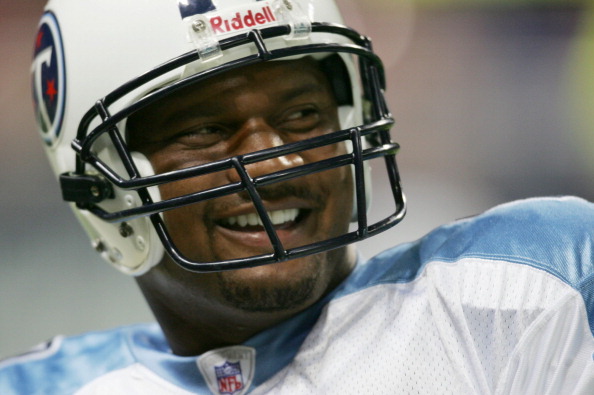In over 100 years of play, the NFL has featured hundreds of meaningless games. Many late-season contests are pointless for both teams. However, in the 1960s, the NFL had the 10 most pointless games in its history. These 10 aberrations were called Playoff Bowls and featured the second-best team in both conferences in the NFL.
While the creation of the Playoff Bowl was in part due to the death of Bert Bell, a former commissioner, the contest was created to double the number of playoff games from one to two, a ploy to secure more TV viewers. The Playoff Bowl was initially fairly popular, but with the inception of the Super Bowl, the game fell out of popularity quickly. Another factor that induced the decline of the game was the creation of the Miami Dolphins in 1966 as they joined the AFL and reduced local popularity in the Playoff Bowl, which had been held in Miami.
Here is the history of the 10 games, officially recognized as exhibitions by the NFL.
In 1960, the Detroit Lions accomplished the epic distinction of winning the first Playoff Bowl. In front of a crowd of almost 35,000 in the Orange Bowl, the Lions defeated the Cleveland Browns, 17-16.
The 1961 Detroit Lions converted their second consecutive Playoff Bowl win as they beat the Philadelphia Eagles 38-10 in front of 25,000 people.
In 1962, the Detroit Lions staked yet another claim to the trophy as they won their third consecutive Playoff Bowl. The Lions defeated the Pittsburgh Steelers by a score of 17-10.
In 1963, the run of the Lions came to an end as the Green Bay Packers shellacked the Cleveland Browns 40-23 in front of almost 55,000 people.
In 1964, the Packers were on the losing end of the Playoff Bowl as the St. Louis Cardinals defeated them 24-17 in front of 56,000 fans.
1965 saw the most attended Playoff Bowl as 65,500 fans packed into the Orange Bowl to watch the Baltimore Colts beat the Dallas Cowboys, 35-3.
In 1966, the Colts won their second consecutive Playoff Bowl as they beat the Eagles, 20-14.
In 1967, game attendance dropped by over 20,000 as only 37,000 fans came to watch the Los Angeles Rams defeat the Cleveland Browns, 30-6.
In 1968, the Dallas Cowboys were on the winning side of the Playoff Bowl as they beat the Minnesota Vikings, 17-13.
In the final iteration of the Playoff Bowl in 1969, the Los Angeles Rams won their second trophy as they beat the Cowboys, 31-0.
In the course of the Playoff Bowl’s history, the Lions, Cowboys, and Browns played in three apiece. The Lions went 3-0, the Cowboys went 1-2, and the Browns went 0-3. The Colts, Rams, Packers, and Eagles played in the game twice with the Colts and Rams going undefeated, the Packers winning one and losing one, and the Eagles losing both of their appearances. To wrap up, the Cardinals won in their only appearance, and the Vikings and Steelers lost in their lone appearances.
Defensive tackle Roger Brown appeared in a record five of them, winning all five with the Lions and Rams. Brown was a two-time All-Pro and six-time Pro Bowler across 10 seasons in the NFL. However, he only played in a pair of playoff games, both losses in the NFL championship game.
If you think the idea of a third-place playoff game is dumb, Hall of Fame coach Vince Lombardi agrees with you. He called the game “a losers bowl for losers.” Lombardi coached twice in the game, leading one victory and one defeat.
As meaningless games begin to pile up on the schedule in November and December, remember that they were not as meaningless as the Playoff Bowls.






